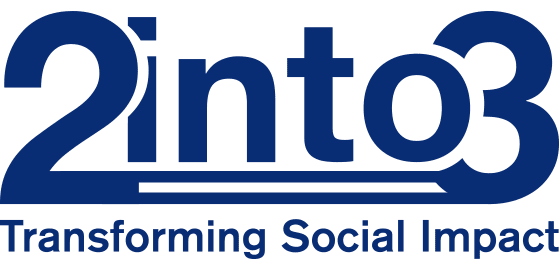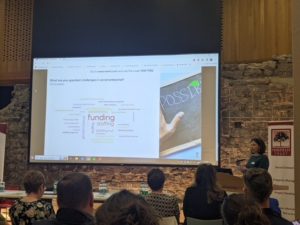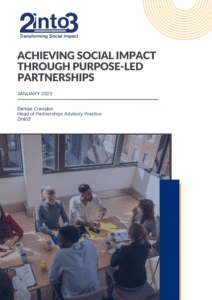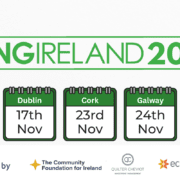3 Reasons Why a Theory of Change Could Increase Impact
Nonprofits and charities are at the forefront of catalysing positive change for individuals, communities and society. Whether that is through the provision of frontline services, lobbying and advocacy, or the contribution to policy and research. United by a shared purpose and vision, organisations have developed unique responses to addressing some of the most pressing challenges of our time. It is increasingly important to capture and measure the effectiveness and value of such responses, but how can organisations do this in practice?
A Theory of Change (TOC) is both a process and an output which logically and rationally captures how an organisation is achieving the change they want to see. It is a practical and living tool that can be applied to define goals and encourage recognition of achievements, to enable impact measurement and strategic thinking, and to successfully communicate impact. Here are 3 reasons your organisation should develop a Theory of Change.
1. Understanding and Recognising Goals
A Theory Of Change allows your organisation to come together and map how your work is having the intended positive impact and addressing an identified challenge; essentially breaking down what success looks like and the steps to get there. Both the process and the final output of a TOC lead to a renewed clarity and understanding amongst stakeholders, and can contribute to increased focus, engagement, and motivation. It encourages people to work collectively to reach goals, to take ownership of the impact they are having, and to recognise the important achievements they have made.
2. Impact Measurement and Strategic Thinking
A Theory Of Change is an extremely useful tool for impact measurement, giving you a foundation to collect relevant data and feedback, and to gather insights. Your organisation can then capture the progress being made against your TOC, test your assumptions, identify areas for improvement and adapt accordingly. This cycle of continuous learning, reviewing, and improving is conducive to strategic thinking; enabling you to make impact driven decisions, prioritise and allocate resources effectively, and develop long-term plans and projections that are informed by evidence. A TOC and subsequent impact measurement allows you to be more deliberate and proactive, and ultimately do more for the people benefiting from your organisation’s work.
3. Communication
A Theory Of Change is as a framework that succinctly clarifies the logic and evidence driving either your work as a whole, or a specific programme/project within your organisation, By linking together your motivation, your activities, the results, and the wider impact you are creating, you are effectively condensing the story and the strategy that guides your work and capturing the contribution of your organisation to the community or a sector. In a competitive funding environment and with increased emphasis on organisational transparency, a TOC demonstrates to partners, funders, and the wider public, that you have a logical and coherent plan to achieve your goals and have gathered evidence to back it up.
How to develop a TOC?
In order to build collective buy-in and be truly reflective of your organisation, a TOC requires meaningful input and collaboration from staff and other relevant stakeholders. It is most effective when developed iteratively through consultation, generating ownership from relevant stakeholders.
If you would like to hear more about how a Theory Of Change would benefit your organisation, or what our process for developing a TOC looks like, do not hesitate to contact our Director of Advisory Services and Head of Impact and Strategy Practice, Luna Atkins, or visit our website.
Written by Alison McGearty, Analyst, 2into3.














